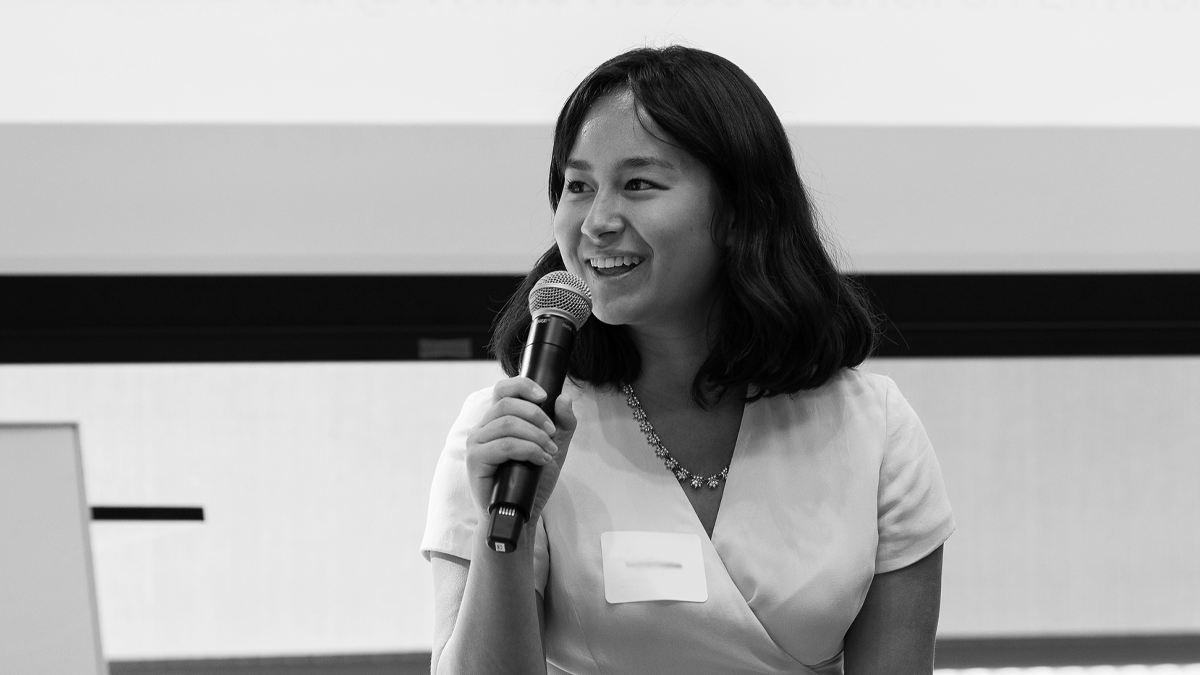
People are Policy.
High-priority science and technology initiatives at federal agencies and state governments deserve world-class technical talent
We believe that scientists and technologists have an obligation to use their expertise for the betterment of humankind. Through the FAS Impact Fellowship, the Talent Hub provides a pathway for scientists and technologists to contribute their expertise to a short-term “tour of service” in the federal and state governments.
Impact Fellows represent the critical link between science and technology and expert policymaking as our nation confronts existential challenges and pursues ambitious opportunities. See open roles and raise your hand to serve here.
How it works
The Talent Hub leverages existing federal and state hiring mechanisms and authorities to place Impact Fellows into places of critical need across government. From education to clean energy, immigration to wildfire resilience, and national security to fair housing, Impact Fellows work alongside career government staff, providing critical subject-matter expertise and fresh perspectives on the issues that matter.
The Talent Hub also provides resources and consultation services to help agencies fully utilize flexible hiring authorities for quickly bringing on external talent where and when it is needed. Learn if our Impact Fellows are right for your agency using our support form.
Are you a member of the science and technology community interested in public service? We are regularly recruiting for new Impact Fellowship opportunities across federal and state government and encourage you to check often to see if any openings match your expertise.
Are you a federal or state agency employee looking for S&T talent? Want to learn more about your hiring options? Sign up below to request support from the Talent Hub and to submit your position openings to be considered for a fully- or partially-funded Impact Fellowship placement.
For Impact Fellow John Whitmer, working in public service was natural. “I’ve always been around people who make a living by caring.”
“My job is to make that space honest, human, and useful by always asking questions, listening longer, and following the science. So that our decisions are grounded in evidence and driven by care.”
Early-career and out-of-state teachers tend to be most heavily concentrated in Alaska’s rural schools, where they face a steep curve in adjusting to a new way of life while learning the ropes of teaching.
Not all agricultural education is built the same. Should it be? In a new podcast series, we explore how technical assistance can meet the diverse needs of farmers across local and regional food systems.